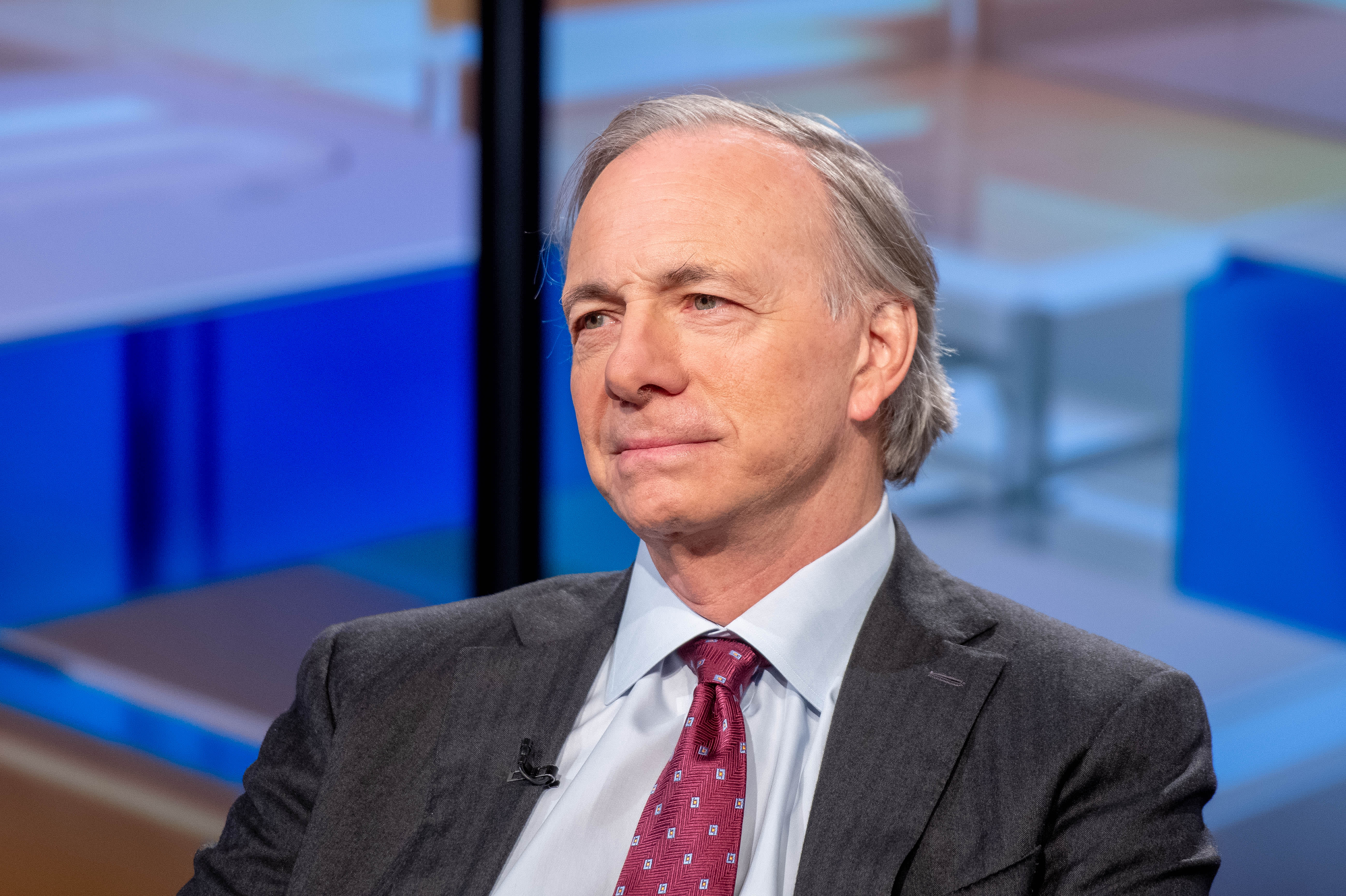
Trying to time the market is a fool’s errand, says billionaire investor Ray Dalio. In fact, you might be better off trying to beat Usain Bolt in a footrace or Michael Phelps in the pool because it’s harder “than competing in the Olympics.”
In an interview this week on the “We Study Billionaires” podcast, the Bridgewater Associates chairman said that most people are simply not equipped to predict which stocks will go up and which will go down and invest accordingly.
“Don’t try to time [the market] yourself because you’ll probably lose,” he said.
The odds, Dalio said, are stacked against you — for instance, Bridgewater spends “hundreds of millions of dollars” a year trying to get an edge, and it is still “competitive” even for them.
On top of that, Dalio said that individual investors often fall into the same traps over and over.
“The most common mistake of investors is to think that the markets that went up are good investments rather than more expensive,” he said.
Dalio referenced a high-performing fund that saw strong returns but in which “the average investor in it lost money” because of attempts to time the market. “Every time it was up they bought it, and every time it was down they sold it,” he said. “So their bad market timing was because they were reactive, thinking it’s a great investment when it’s up a lot.”
In 2021, Bank of America quantified the potential gains that a person who tried to time the market could miss out on. Dating back to 1930, missing the 10 best days each decade would bring a return of 28% versus the 17,715% return that would have been had if the person had stayed invested, CNBC reported.
Investing legend Warren Buffett also said in 1994 that he never tries to time the market, and instead actively tries to “never have an opinion about” it.
“It wouldn’t be any good and it might interfere with the opinions we have that are good,” Buffett said at the time. “If we’re right about a business, if we think a business is attractive, it would be very foolish for us to not take action on that because we thought something about what the market was going to do.”
Instead of picking stocks and trading on a daily basis, consider buying low-cost index funds and holding onto them. This type of diversified fund typically stays relatively constant and avoids the ups and downs that comes with picking single stocks.
Passive investing in index funds has even been shown to be more successful than professionally managed funds, outperforming 92% of large-cap funds over the past 15 years, according to a 2020 S&P Dow Jones Indices study.
Sign up now: Get smarter about your money and career with our weekly newsletter
Don’t miss: Money experts: These 5 pieces of advice can supercharge your finances in 2022




